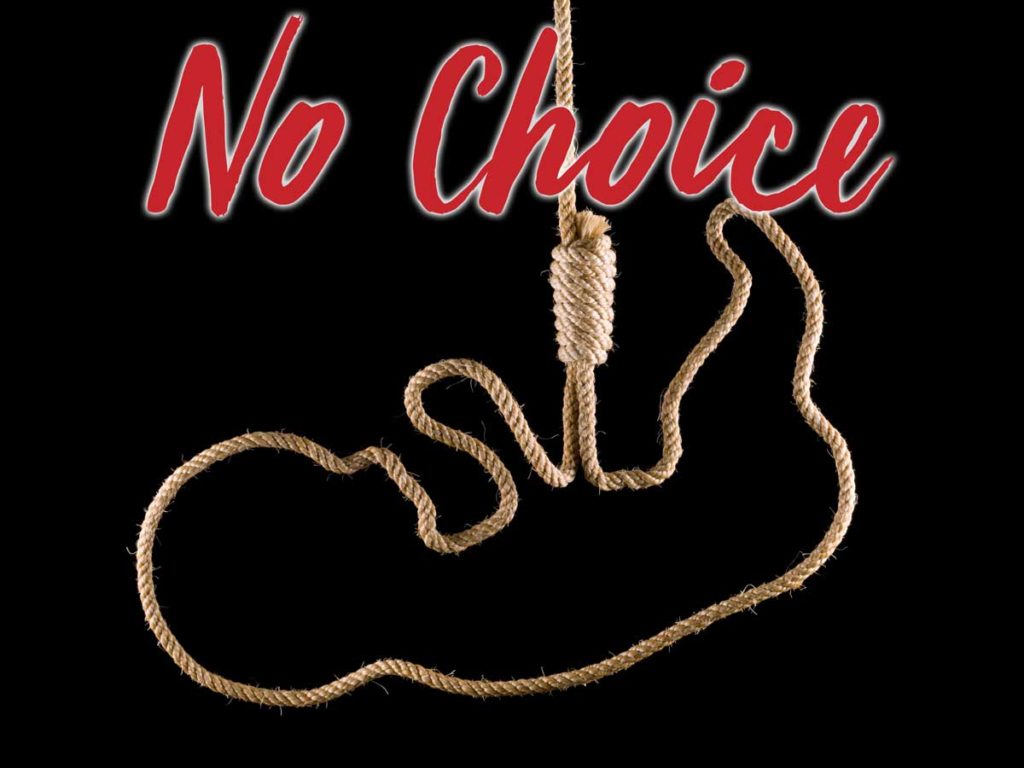We’ve all heard the biblical story about the about the rich young man who approached Jesus to ask how to gain eternal life. Jesus’s first reply was “obey my commandments.” The man then assured Jesus that he does obey all the Lord’s commandments! So Jesus looked this young wealthy man straight in the eye and said, “If you want to be perfect, go, sell all that you have and give the money you make to the poor, then you will have treasure in heaven.”

The rich young man now had a dilemma. If he sold all he had how would he be able to live out his life until his time of death when he would enjoy the treasures of heaven? It didn’t make sense to him. He became, as the Bible says, “very sad.”
Jesus looked at him standing there, so sad, and he said, “Indeed, it is easier for a camel to go through the eye of a needle than for someone who is rich to enter the kingdom of heaven.”
How do we, as good generous Christians reconcile this in today’s world? We know that everything that God does is good and He wouldn’t give us anything that will purposely hurt us. The scripture makes it obvious that wealth can be a blessing from God and that when God gives wealth, there is joy and happiness along with it.
The young rich man to chose to keep his wealth? He was probably in his 20s. About 40 years later, the Roman armies destroyed Jerusalem and the lands around it. Homes of wealthy Jews were plundered, and all their riches and possessions taken from them.
The story gives us pause as we consider the attachment we have to the things of this world. But this is a human perspective! From God’s perspective, possessions (wealth) can be considered a blessing if that wealth does NOT separate us from God and is used to spread His mission on Earth.
How can we help you spread His Word?

